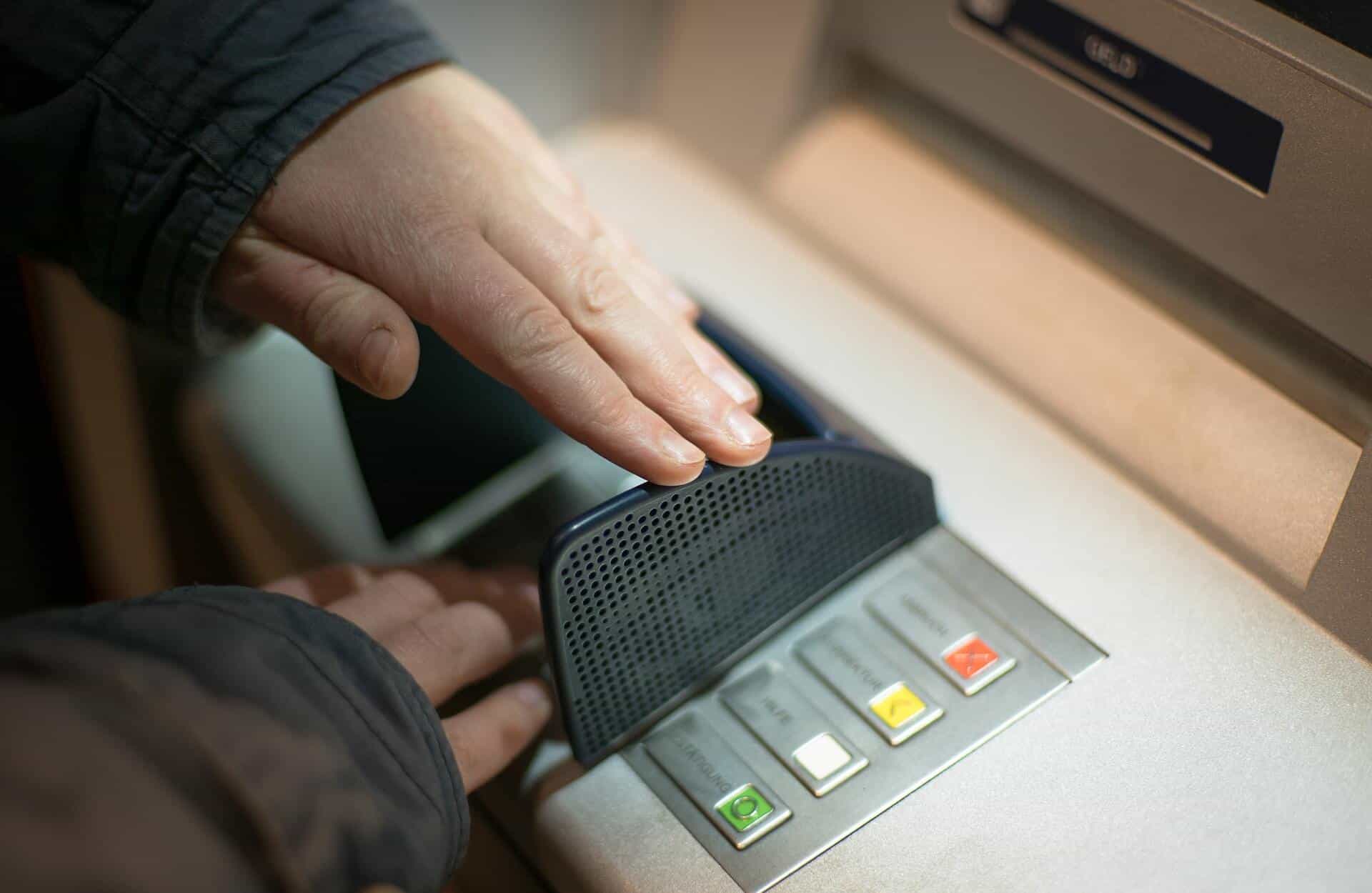Join Our Telegram channel to stay up to date on breaking news coverage
Many countries going through challenging times have come to lean on cryptocurrencies for economic support. While experts continue to use this as a testament to cryptocurrencies’ potential, some authorities have decried this operation as being in their way.
Money Laundering and Criminal Activity
Earlier this week, Navy Admiral Craig Faller, the head of the United States Southern Command, explained that the use of cryptocurrencies by several South American economies has made it challenging to spread democracy to their borders.
The Southern Command is one of the unified combatant commands that make up the Department of Defense. Based in Doral, Florida, the Command provides planning, cooperation, and contingency in operations carried out in South America.
Speaking in an interview with the Council of the Americas, Admiral Faller explained that the Southern Command had become wary of Southern American countries rapidly adopting cryptocurrencies. He pointed out that most of these countries tend to be breeding grounds for international criminal organizations, which traffic illegal substances and launder money through their borders.
“Sixty percent of the cryptocurrency in the world is in this hemisphere, and a lot of that is because folks are trying to avoid regular order in the international financial system,” the Admiral said in part.
The statistic runs against findings from top blockchain analysis firms. In August, a blog post from Chainalysis revealed that the largest crypto market by region is East Asia. The analysis firm published its Cryptocurrency Adoption Index for 2020, reporting that only two of the top ten countries globally by crypto adoption come from South America— third-placed ranked Venezuela and ninth-placed Colombia.
Venezuela Becoming More of a Problem
Admiral Faller particularly singled out Venezuela, explaining that its government appears to be in cahoots with criminal organizations. The country, which has been on a significant crypto adoption spree this year, has long been a thorn in the U.S. government’s side. As Faller explained, the government is studying the impact of these pro-crypto policies on the country. A primary intent of Venezuela’s crypto adoption spree has been to evade U.S.-imposed sanctions. The government has been more open to the prospect of accepting traditional digital assets, and it has tried to increase the adoption of Petro, its oil-backed stablecoin.
Last month, President Nicolas Maduro presented a new bill intending to help the country bypass U.S.-imposed economic sanctions. The bill heavily involved cryptocurrencies, with the government committing to exploring different digital assets in domestic and foreign trade.
“The anti-sanctions bill is the first response […] to give new strength to the use of Petro and other cryptocurrencies, national and global, in domestic and foreign trade, so that all cryptocurrencies of the world, state and private, could be used,” the President said in part.
The National Constituent Assembly, Venezuela’s parliamentarian body, is currently reviewing the bill.
Join Our Telegram channel to stay up to date on breaking news coverage


